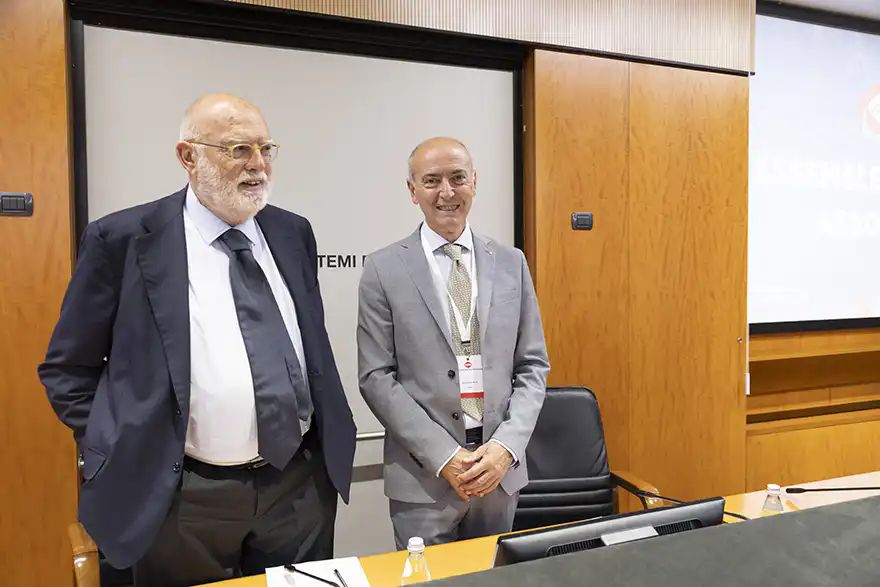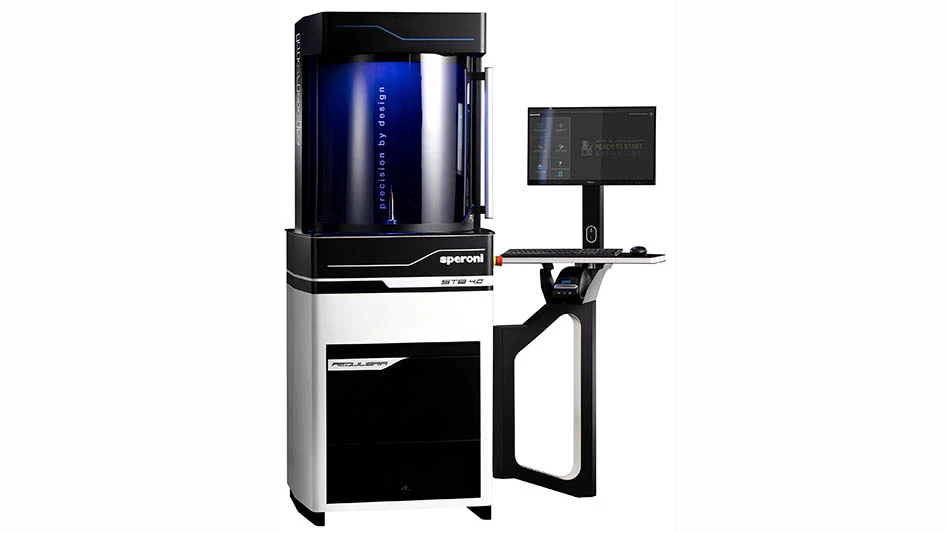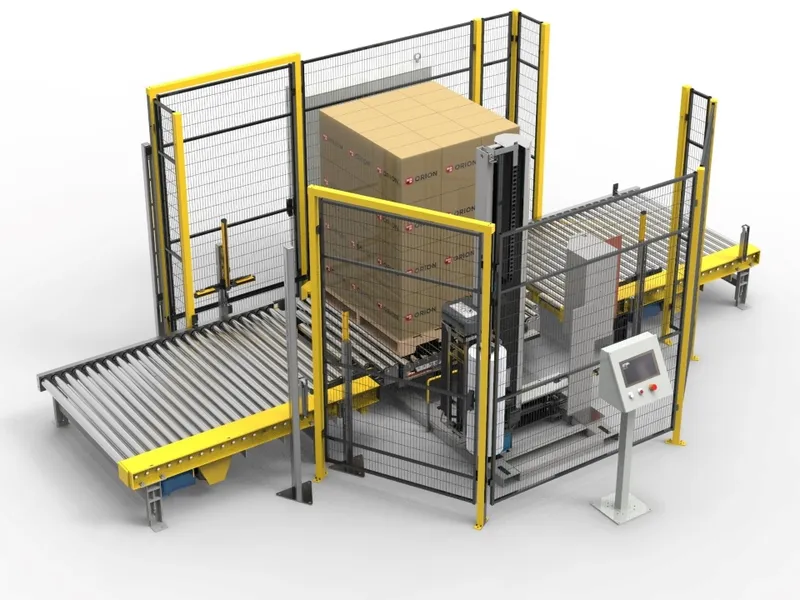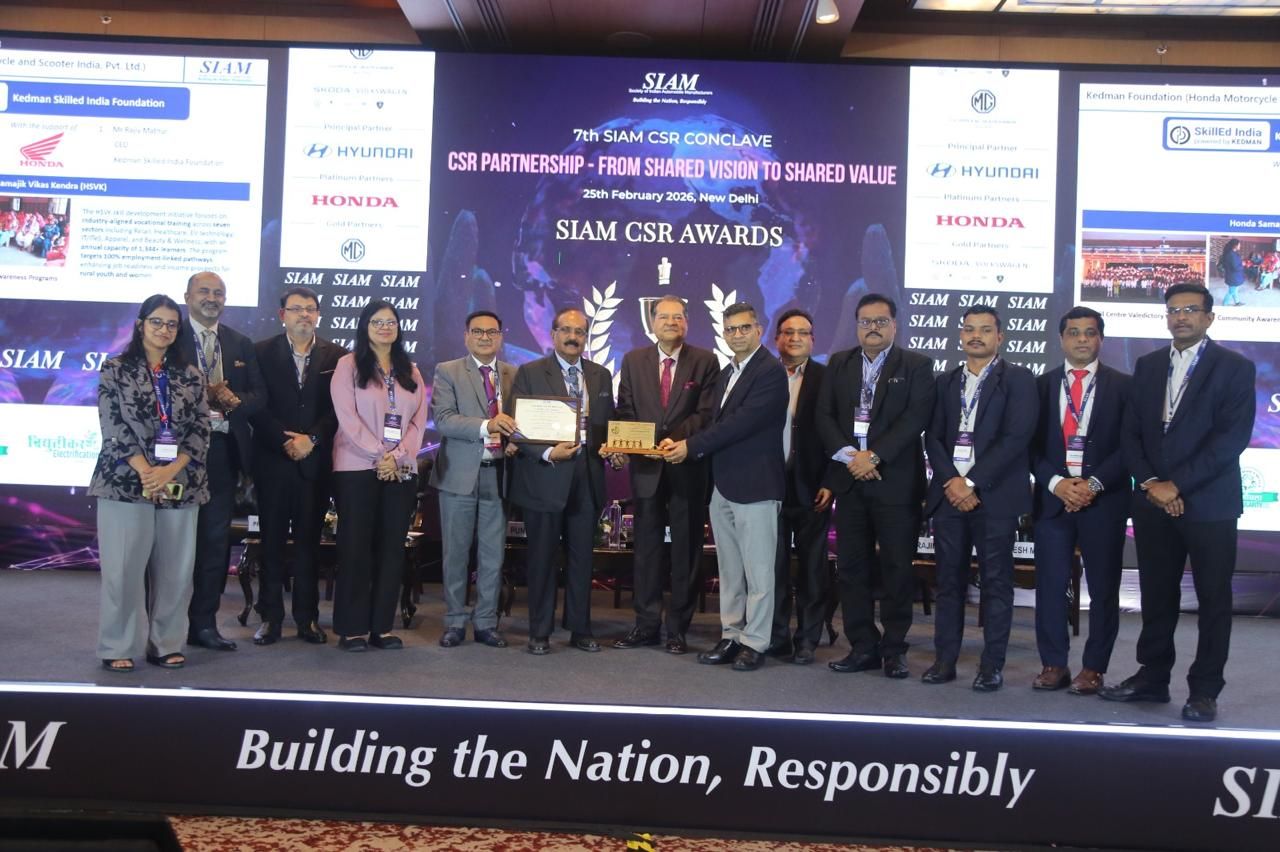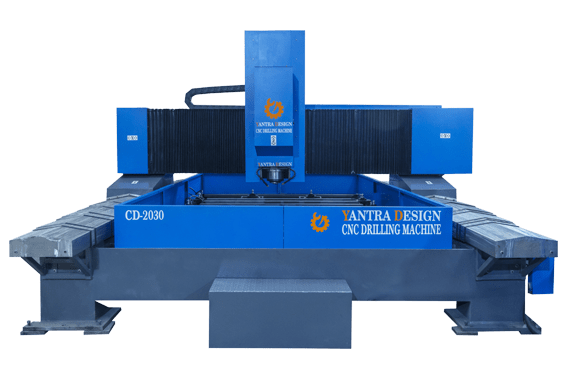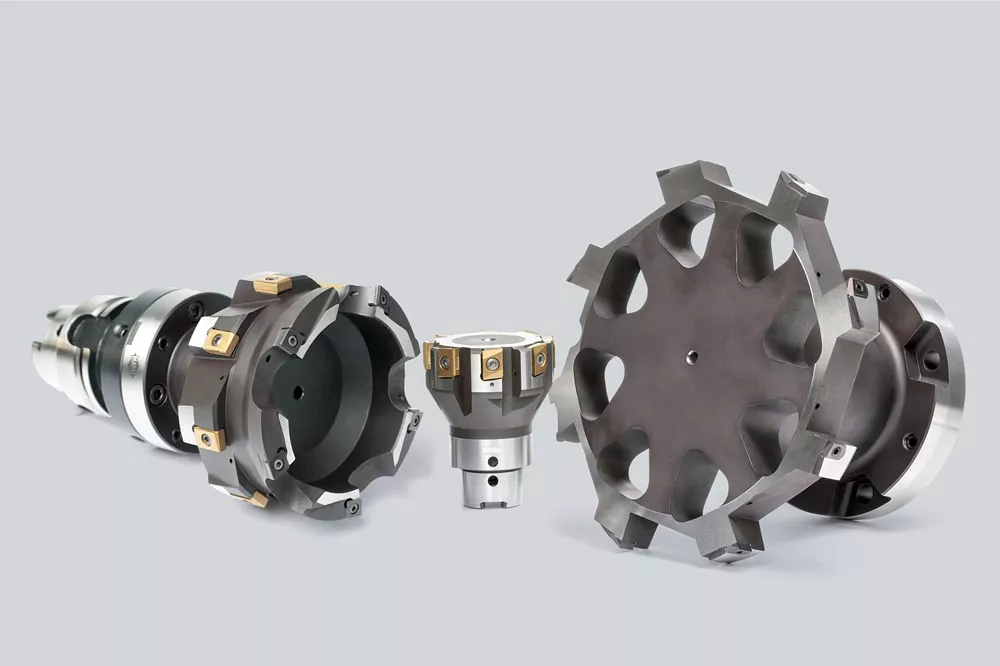
Italian Machine Tool Industry Eyes Modest Recovery in 2025 After Difficult Year
After a turbulent 2024, Italy’s machine tool, robotics, and automation industry is cautiously optimistic about 2025, anticipating a slight recovery across key performance indicators. Despite a sharp contraction in the domestic market last year, the sector maintained its global relevance, ranking fifth worldwide for production and fourth for exports, according to Ucimu-Sistemi Per Produrre.
At the organisation’s annual Members’ Meeting, Ucimu President Riccardo Rosa described the past year as “extremely challenging.” Italian production of machine tools, robots and automation systems dropped by 16.9% to €6.3 billion. Domestic deliveries fell nearly 40%, due to a collapse in internal consumption. Imports also declined sharply by 31.8%, to €1.65 billion.

In stark contrast, exports were the sector’s only bright spot, growing 1.2% to a record €4.27 billion. Key markets included the USA (+10.9%), Germany (+1.6%), and India (+58.3%), though others like China (-16.3%) and France (-17.6%) saw sharp declines. Notably, Spain (+21.1%) and Sweden (+71.4%) showed strong demand for Italian technology.
Looking ahead, 2025 forecasts from Ucimu’s Economic Studies Department suggest a modest turnaround:
- Production expected to rise 2.6% to €6.49 billion
- Exports to increase 1%, reaching another record of €4.31 billion
- Domestic deliveries projected to grow 5.9%
- Imports expected to rebound by 4.9%
However, Riccardo Rosa stressed that uncertainty remains the biggest threat, citing ongoing trade tensions, geopolitical instability, and tariff concerns. “We must use the conditional mood when talking about growth,” Rosa warned. “The global situation demands resilience, collaboration, and renewed competitiveness.”
He called for continued investment in innovation, digitalisation, and skills development, highlighting the importance of government incentives like Transition 4.0 and 5.0. With Germany set to launch its own reindustrialisation plans, Rosa emphasised Italy must be ready to “stay coupled to the train” of Made in Germany supply chains.


The UCIMU Academy initiative was spotlighted as a key driver in narrowing the skills gap, fostering partnerships with high schools, universities, and technical institutions to prepare the next generation of skilled professionals.
Rosa also addressed the impact of automotive electrification and potential tariff changes, particularly in relation to the U.S. market. While tariffs are not currently expected to harm direct exports, indirect impacts via global supply chains remain a concern.
He concluded by underlining the need for long-term structural policies to stabilise investment cycles and support Italy’s SME-driven manufacturing base: “We cannot afford to lose orders because lead times clash with short-term incentives. We need predictability, not peaks and panic.”


